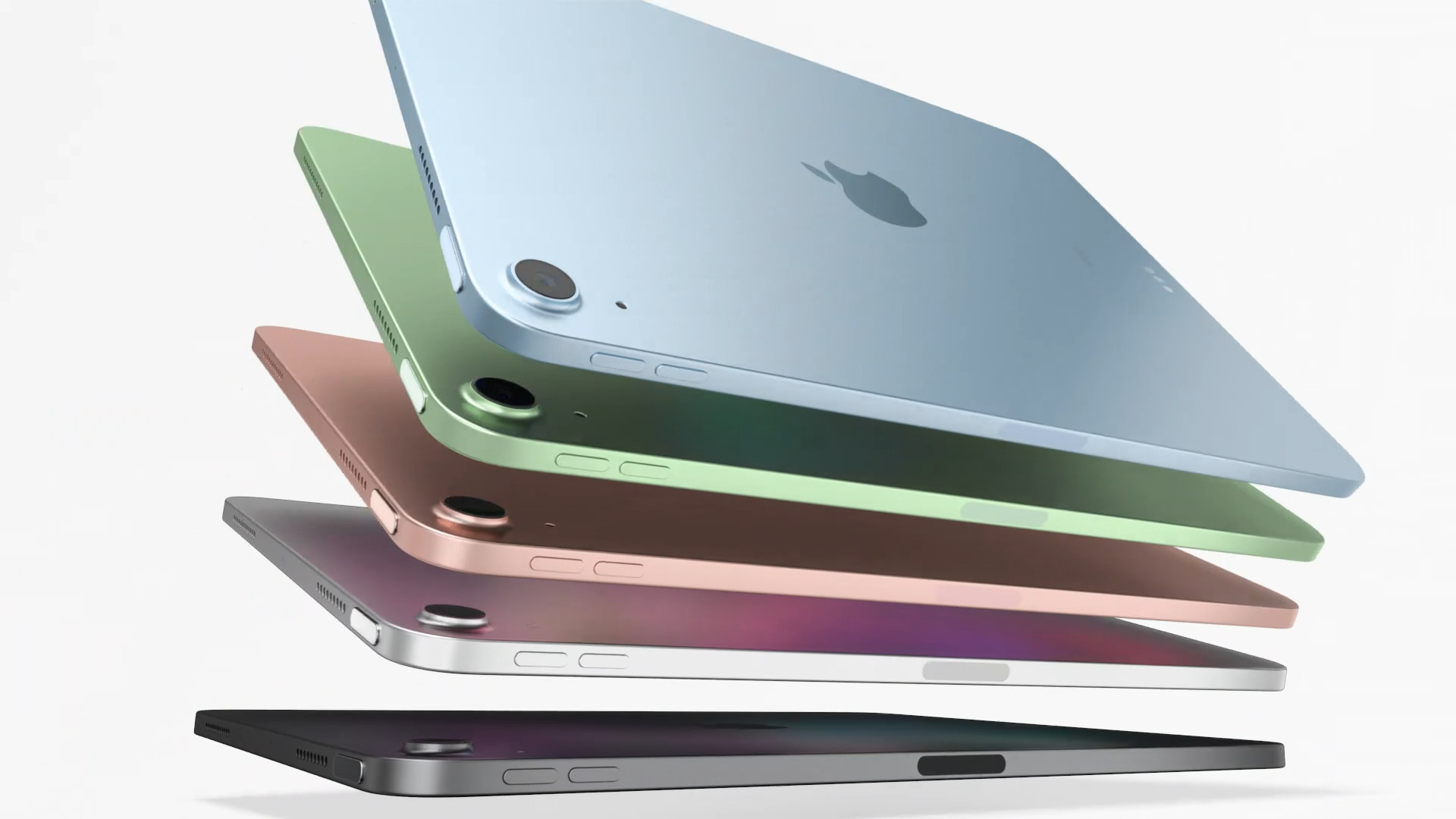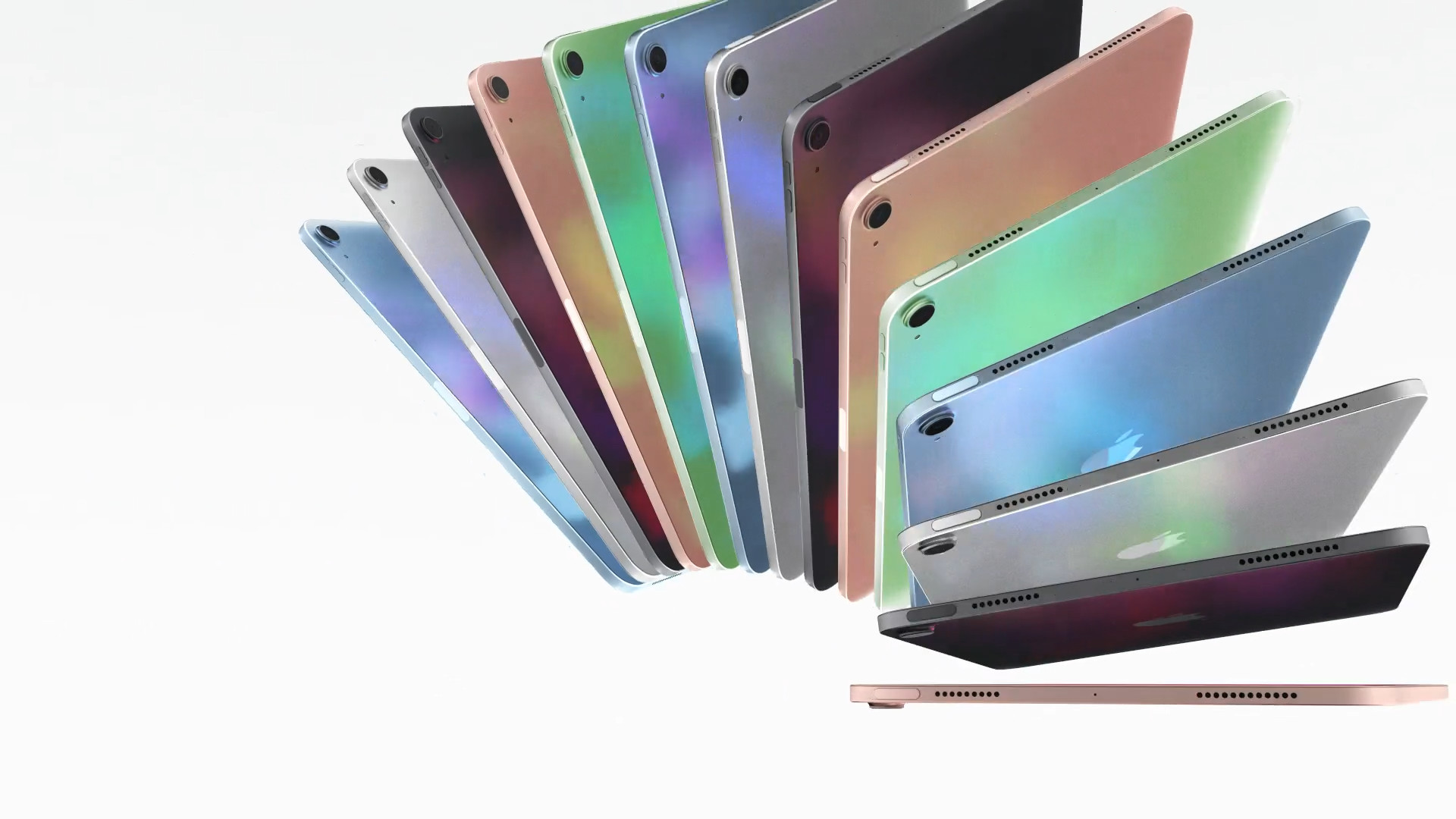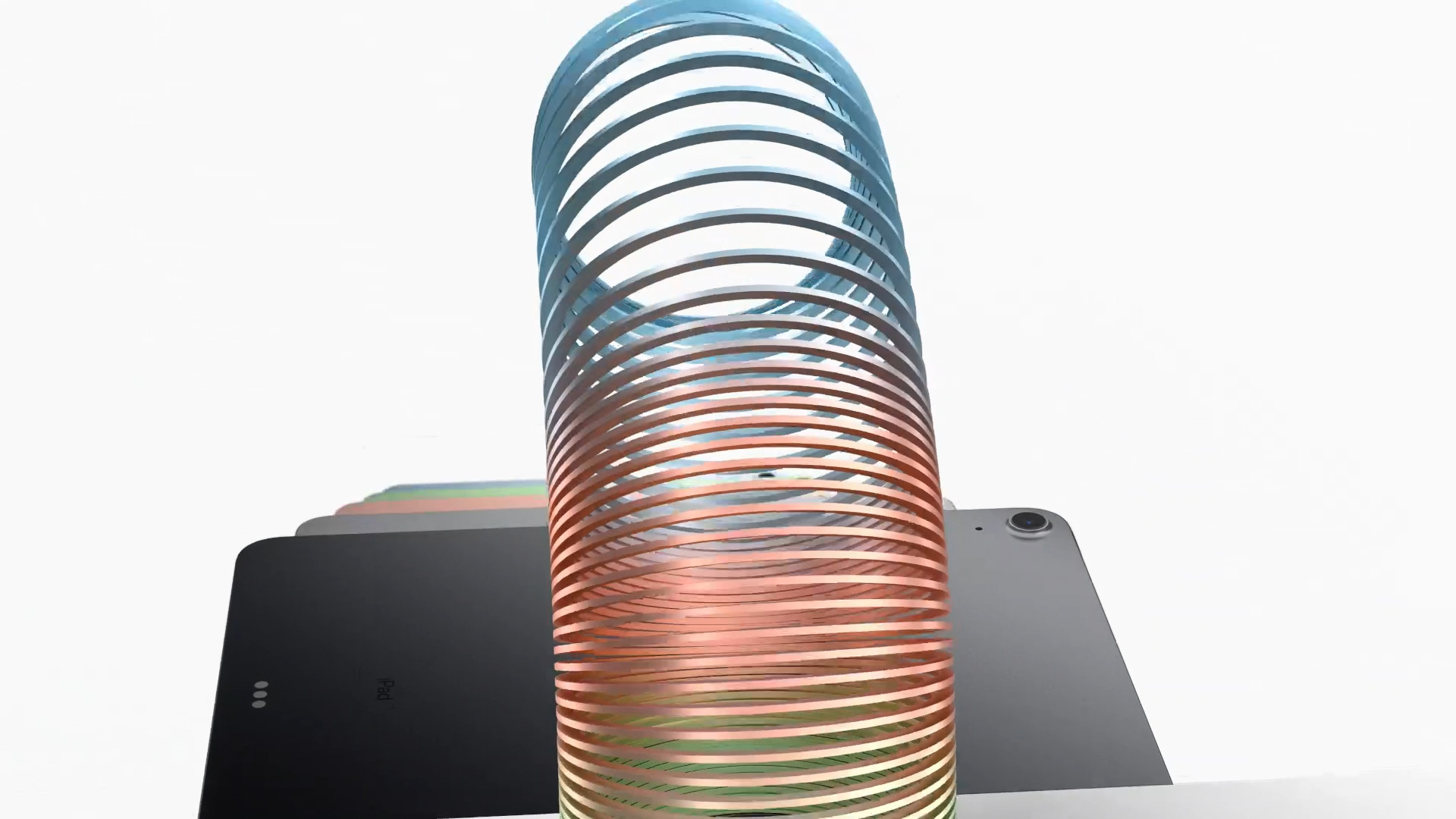During today's pre-recorded Apple Event, the Cupertino giant is to reveal this year's first novelties, which could include the 5th generation iPad Air. Although we didn't know much about possible news until a few days ago, since the morning all sorts of information has started to spread, according to which this apple tablet is going to come with a rather interesting change. There has been talk of the deployment of the M1 chip from the Apple Silicon family. It is currently found in basic Macs and last year's iPad Pro. But what would this change mean for the iPad Air?
It could be interest you

As we mentioned above, the M1 chip is currently mainly found in Macs, according to which we can conclude only one thing - it is primarily intended for computers, which corresponds to its performance. According to the data, it is 50% faster than the A15 Bionic, or 70% faster than the A14 Bionic that powers the current iPad Air series (4th generation). When Apple brought this chipset to the iPad Pro, it made it clear to the whole world that its professional tablet can measure up to the computers themselves, which it can eventually replace. But there is a small catch. Even so, the iPad Pro is severely limited by its iPadOS operating system.
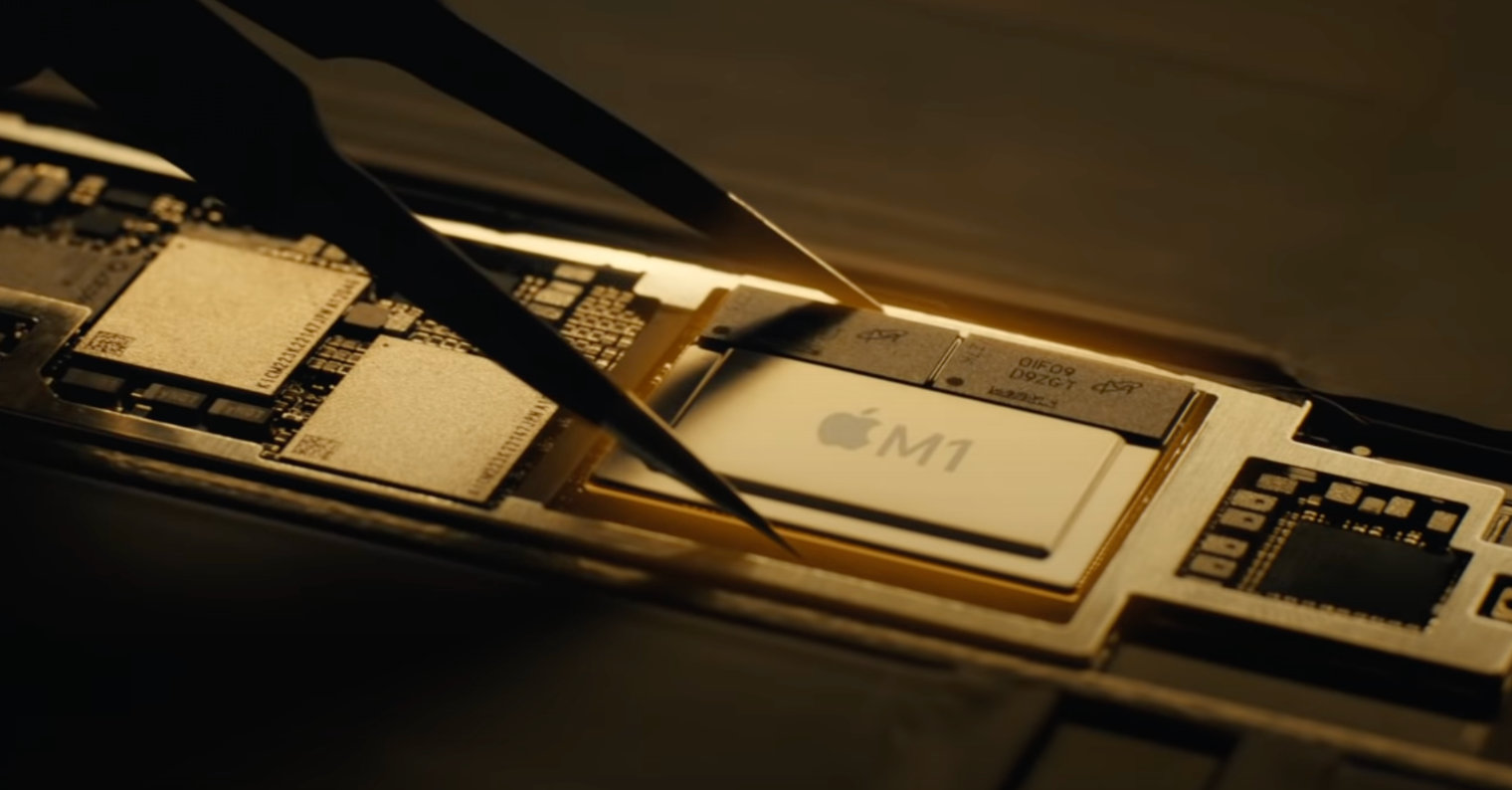
Apple M1 in iPad Air
If Apple will actually put the M1 chip in the iPad Air, we don't know yet. But if it becomes a reality, it will mean for users that they will have significantly more power at their disposal. At the same time, the device will become better prepared for the future, as it will be miles ahead in terms of its capabilities. But if we look at it from a slightly different point of view, nothing much will change in the final. iPads will continue to be powered by the aforementioned iPadOS operating system, which suffers, for example, in the field of multitasking, for which Apple faces considerable criticism from the users themselves.
In theory, however, this would also create room for possible changes in the future. As part of upcoming software updates, it is possible that Apple will significantly advance the capabilities of its tablets with Apple Silicon chips, bringing them closer to, for example, macOS. In this respect, however, this is just mere (unconfirmed) speculation. It is therefore a question of how the Cupertino giant will approach this whole issue and whether it will unlock the full potential offered by the M1 chip for apple users. We can see what it is capable of in the 13″ MacBook Pro (2020), Mac mini (2020), MacBook Air (2020) and iMac (2021). Would you welcome this change for the iPad Air, or do you think the Apple A15 Bionic mobile chipset is enough for the tablet?
- Newly introduced Apple products can be purchased, for example, at AlgeIn iStores whether Mobile Emergency
It could be interest you
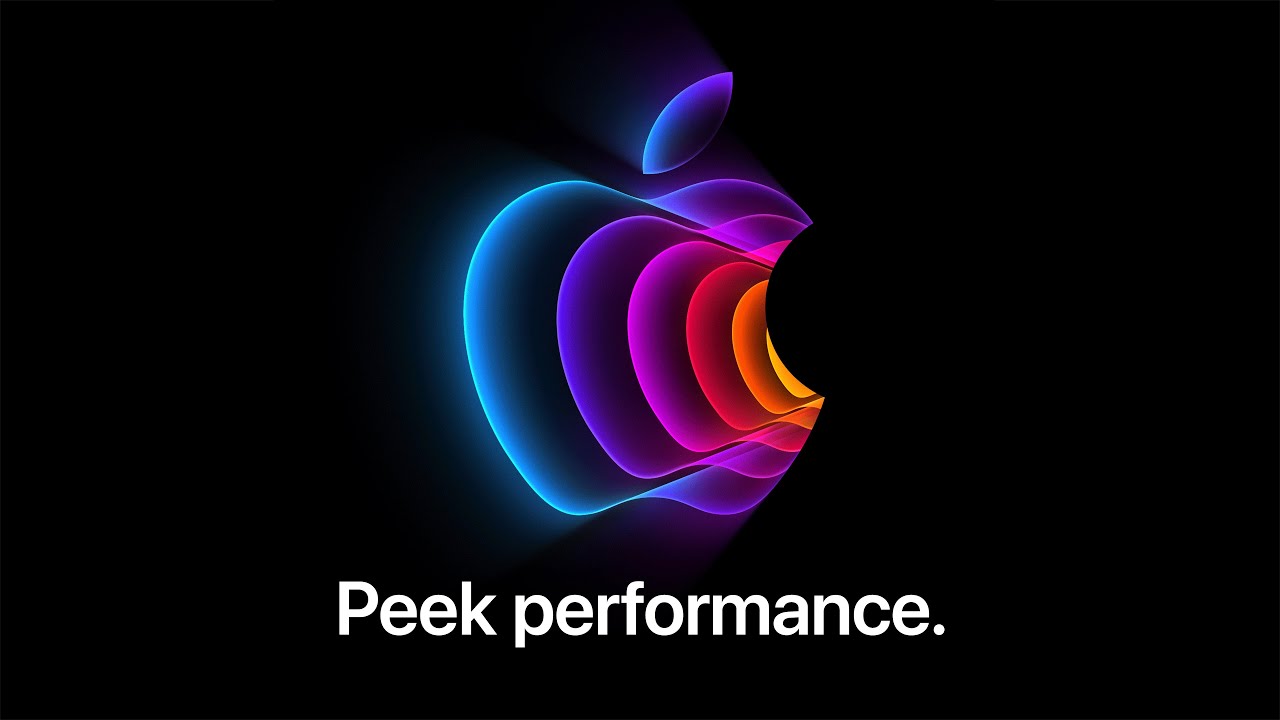
 Adam Kos
Adam Kos 

